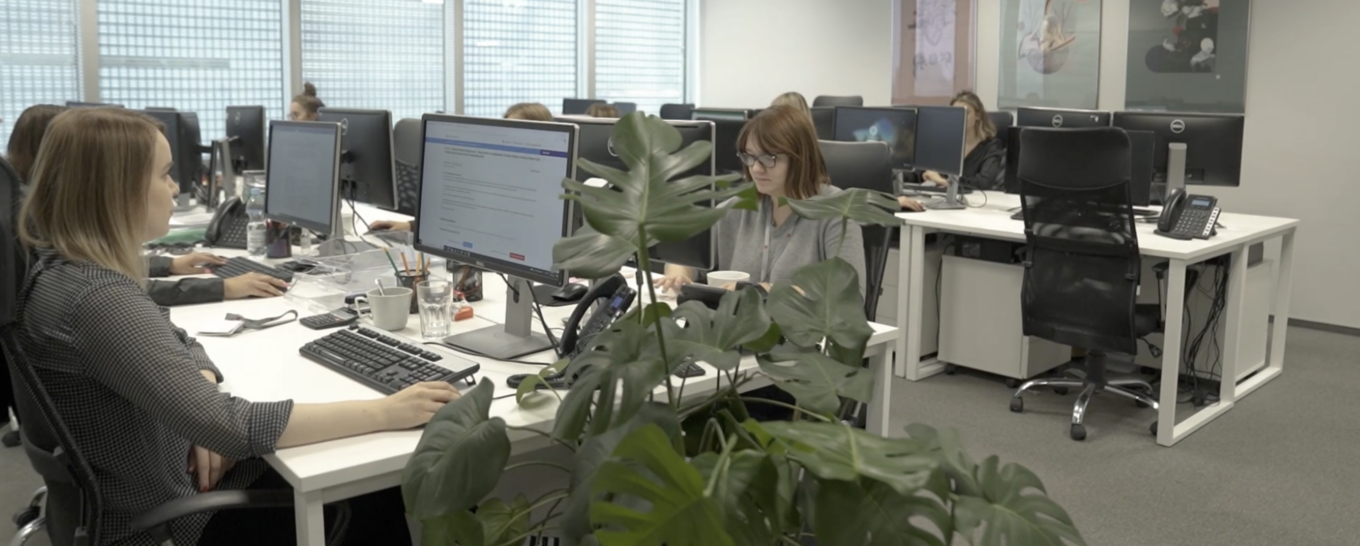Legal services for residential communities
Legal services for residential communities
Our extensive experience, especially in resolving disputes between developers and associations, work contractors and associations, as well as conflicts between associations, allows us to provide the highest possible standard of legal representation and achieve the best possible result.
Our fields of practice include
Support in the area of administration (analysis of agreements concluded by housing associations, preparation of internal acts – resolutions, statutes)
consultancy on communication and relations with members of housing associations and with external entities, including developers, administrators or renovators, to the extent necessary
assistance with ad hoc matters related to day-to-day administration
services at both in-court and out-of-court proceedings stage

Q&A
Frequently asked questions
Sposób zarządu nieruchomością wspólną wspólnoty zależy od ilości wyodrębnionych lokali. Jeżeli lokali jest więcej niż trzy, to konieczne jest wybranie zarządu. Członkiem zarządu może być mieszkaniec wspólnoty, ale także profesjonalista, wybrany na podstawie zawartej umowy o sprawowanie zarządu. Sprawowanie zarządu większymi wspólnotami może okazać się zadaniem bardzo odpowiedzialnym, czasochłonnym, co sprawia, że racjonalnym rozwiązaniem jest wybranie na to stanowisko odpłatnie osoby, która zajmuje się tym zawodowo. Zarząd dotyczy jednak czynności bieżących – wobec czynności, które nie są podejmowane w ramach zwykłego zarządu, np. decyzja o większej inwestycji, podpisanie istotnej umowy, konieczne jest wyrażenie zgody przez członków wspólnoty w drodze uchwały. Czynności przekraczające zwykły zarząd to w szczególności ustalenie wynagrodzenia zarządu lub zarządcy nieruchomości wspólnej, przyjęcie rocznego planu gospodarczego, ustalenie wysokości opłat na pokrycie kosztów zarządu, zmiana przeznaczenia części nieruchomości wspólnej, ustalenie, w wypadkach nieuregulowanych przepisami, części kosztów związanych z eksploatacją urządzeń lub części budynku służących zarówno do użytku poszczególnych właścicieli lokali, jak i do wspólnego użytku właścicieli co najmniej dwóch lokali, które zaliczane będą do kosztów zarządu nieruchomością wspólną.
Zarządca jest odpowiedzialny względem wspólnoty za należyte sprawowanie przyjętych obowiązków. Nie ma przy tym znaczenia, czy jest on profesjonalistą, czy też przyjął taki obowiązek nie mając przygotowania zawodowego. Dobrym rozwiązaniem zarówno dla zarządcy, jak i wspólnoty, jest zabezpieczenie się przed szkodami spowodowanymi złym zarządem, w drodze nabycia ochrony ubezpieczeniowej zarządcy nieruchomości od odpowiedzialności cywilnej, także w tym zakresie.
Nierzadko zdarza się, że członkowie wspólnoty zalegają z opłatami na jej rzecz. Przyczyny takich zaległości mogą być różne – zależne i niezależne od członka wspólnoty. W przypadku braku woli dobrowolnego uregulowania, konieczne jest wystąpienie na drogę postępowania sądowego, celem uzyskania tytułu wykonawczego, który umożliwia odzyskanie należności w drodze egzekucji komorniczej. Nie ma innej możliwości odzyskania należności w sytuacji braku woli współdziałania ze strony osoby mającej zaległość. Dbanie o egzekwowanie nieuiszczonych należności od członków wspólnoty jest podstawowym obowiązkiem gospodarności zarządu wspólnoty.
Zarząd nie może samodzielnie podejmować decyzji we wszystkich sprawach. Uprawnienia zarządu ograniczają się jedynie do czynności zwykłego zarządu, to jest związanych z załatwianiem codziennych, zwykłych spraw. Jest to każdorazowo kwestia podlegająca ocenie, jednak w większości przypadków, zlecenie i wykonanie istotnego remontu zarządzanej nieruchomości wymagać będzie zgody członków wspólnoty wyrażonej w drodze uchwały.
Podstawowym zadaniem zarządu jest zapewnienie bezpieczeństwa na nieruchomości. Obowiązek ten aktualizuje się w stosunku do mieszkańców, ale także do innych osób, które znajdują się na nieruchomości. Konieczne jest przede wszystkim dbanie o czystość, sprawność techniczną infrastruktury komunikacyjnej, ale także zwalczanie śliskości w okresie zimowym. W przypadku powierzenia tych zadań przedsiębiorcom, konieczne jest mimo wszystko bieżące monitorowanie i sprawdzanie, czy wywiązują się oni z zawartych umów. Bezpiecznym rozwiązaniem jest ponadto zadbanie o właściwą ochronę ubezpieczeniową od odpowiedzialności cywilnej wspólnoty oraz członków jej zarządu. W przypadku zgłoszenia roszczenia, ewentualny ciężar odszkodowań pokryje ubezpieczyciel, który w dodatku przy pomocy swoich specjalistów rozpatrzy zasadność roszczeń oraz weźmie na siebie ciężar finansowy ewentualnego sporu sądowego.

